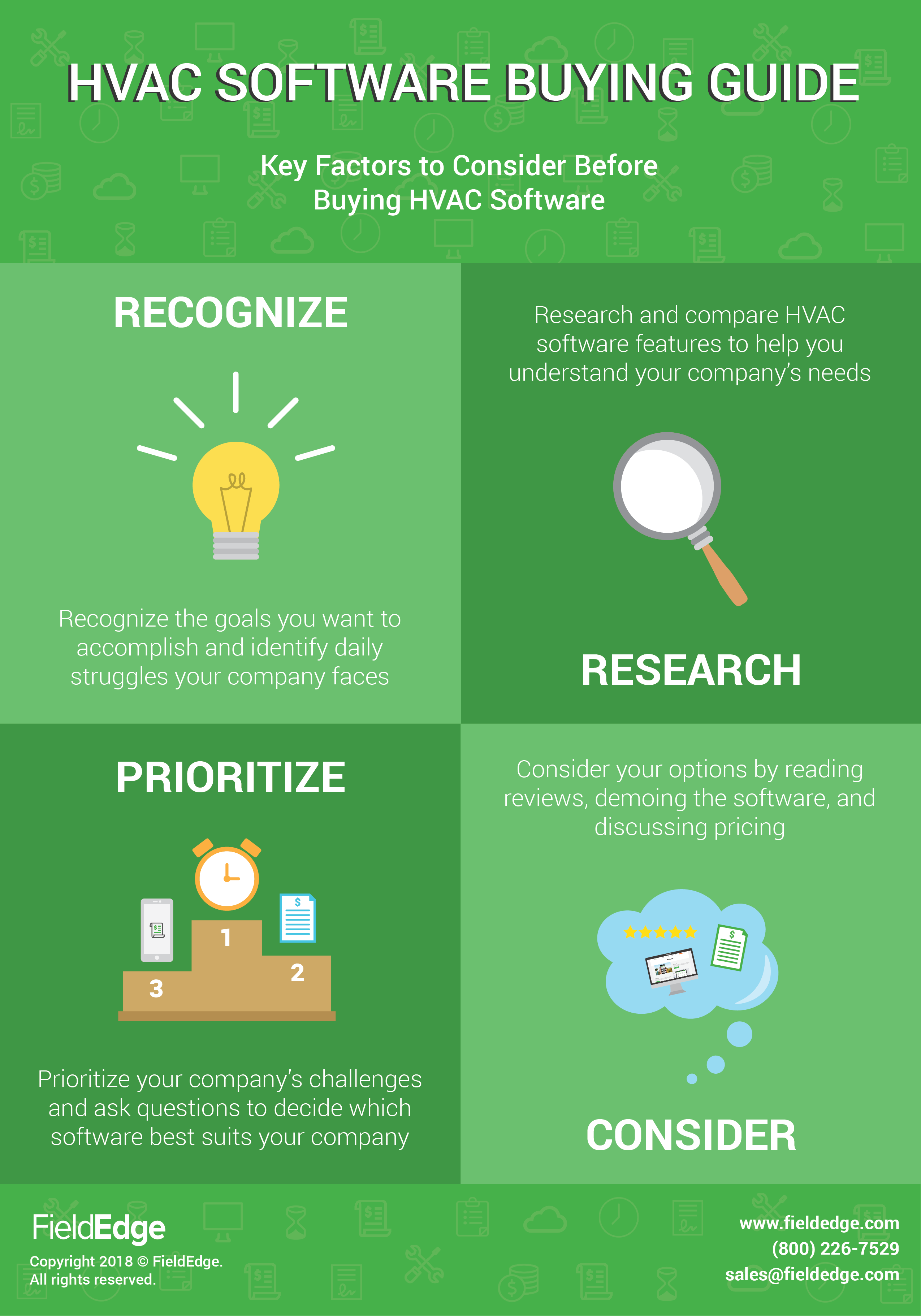Discover The Essential Strategies To Boost The Efficiency And Life Expectancy Of Your Heatpump System By Preventing Normal Installation Mistakes
Discover The Essential Strategies To Boost The Efficiency And Life Expectancy Of Your Heatpump System By Preventing Normal Installation Mistakes
Blog Article
Material By-Garrison Wheeler
When installing a heatpump, you must steer clear of usual mistakes that might endanger its efficiency. Forgeting proper sizing may lead to ineffectiveness and higher utility prices. Ignoring insulation and securing could cause energy wastage and pressure on the unit. Furthermore, positioning the exterior unit inaccurately might impact its performance. By staying clear of these errors, you can make certain optimum functioning and longevity of your heat pump system.
Improper Sizing of Heatpump
When it concerns the setup of heat pumps, among the most typical blunders is improperly sizing the system for your area. Ensuring the right dimension is essential for optimal efficiency. If the heat pump is too tiny, it will struggle to warm or cool your room efficiently, resulting in enhanced energy expenses and possible deterioration on the device.
On the other hand, if the heat pump is too huge, it will certainly cycle on and off often, creating temperature variations and lowering its life-span.
To prevent this error, it's important to have a specialist evaluate your room and advise the proper dimension of the heatpump based upon elements like square video footage, insulation, ceiling elevation, and local climate. By investing the time and initiative to make certain the appropriate sizing, you can appreciate a comfy atmosphere while maximizing energy performance and lengthening the life expectancy of your heatpump.
Inadequate Insulation and Sealing
To make certain the reliable procedure of your heatpump, it's important to deal with poor insulation and securing in your room. Correct insulation helps maintain a constant temperature indoors, reducing the work on your heat pump. Inadequate insulation can result in energy loss, making your heat pump work harder and less successfully.
Sealing any kind of gaps or leaks in your area is just as important. These voids allow conditioned air to run away and exterior air to permeate in, requiring your heat pump to make up for the temperature fluctuations.
Inaccurate Positioning of Outdoor System
Dealing with the positioning of your heat pump's outdoor device is key to optimizing its efficiency. Mounting the outdoor unit in a wrong area can lead to efficiency issues and prospective damages to the device.
https://airconditioningsupplyandf45432.blue-blogs.com/38141845/discover-efficient-techniques-to-boost-the-weather-condition-resistance-of-your-heat-pump to stay clear of is placing the outside device too near to a wall surface or various other structures. This can restrict airflow, triggering the device to function harder to warm or cool your room, inevitably minimizing its performance and lifespan.
Another error to steer clear of is positioning the outside unit in direct sunlight. While https://www.facilitiesnet.com/hvac/article/5-Steps-Buildings-Should-Take-to-Prevent-Coronavirus-Spread--18987 is unavoidable, too much direct exposure can bring about getting too hot, particularly throughout warm summer season days. It's finest to position the outdoor unit in a shaded area to assist preserve its optimal operating temperature level.
Moreover, see to it that the outdoor unit is placed on a stable and degree surface area. Uneven ground can cause resonances and unneeded stress on the device, impacting its performance in time.
Verdict
Finally, avoiding common blunders throughout heatpump installation is important for making the most of effectiveness and longevity of your system. By making certain correct sizing, adequate insulation, securing, and proper positioning of the outside unit, you can stop problems such as ineffectiveness, enhanced energy bills, and stress on the system. Putting in the time to resolve these essential factors will inevitably conserve you time and money in the long run.
